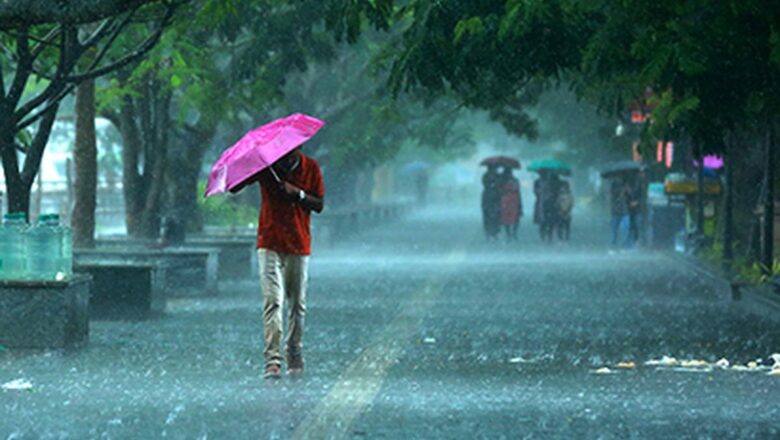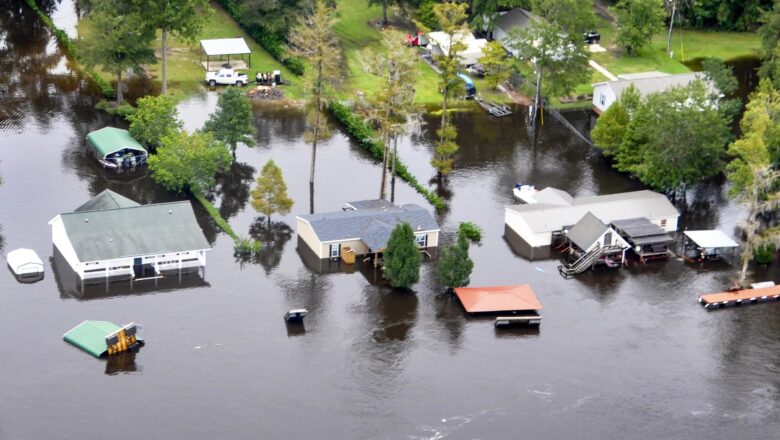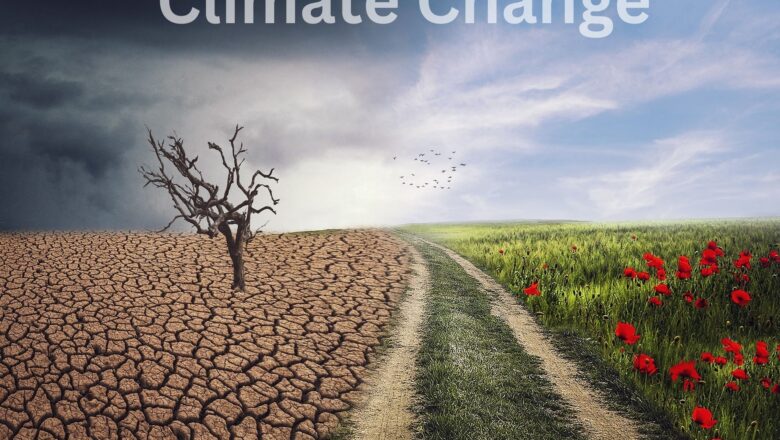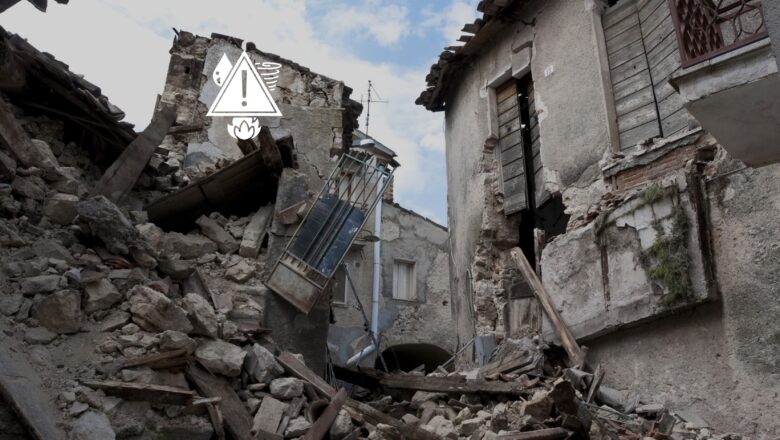
Delhi Experiences Coldest December Day in Three Years at 4.5°C
Thursday marked Delhi's coldest December day in three years as the minimum temperature plummeted to 4.5°C, according to the India Meteorological Department (IMD). Cold wave conditions gripped the city, with temperatures in the Pusa and Ayangar areas dropping even further to 3.2°C and 3.8°C, respectively.
The IMD defines a cold wave as temperatures below 4.1°C or a deviation of over 4.4°C below normal. Thursday's 4.5°C minimum was 0.4°C below the average, and significantly lower than the 5°C recorded the previous day. December temperatures hadn’t dipped below 4.9°C in 2022 or 2023, with the lowest in December 2023 being 4.9°C and 5°C in December 2022.
The IMD forecasts further cold wave conditions for Delhi on Friday, with the minimum temperature expected to hover around 4°C. Clear sk...








